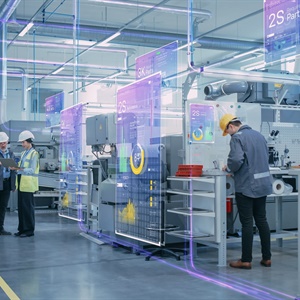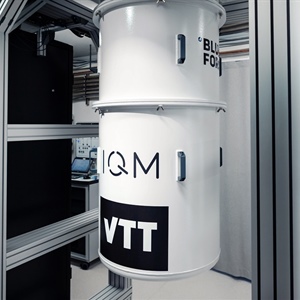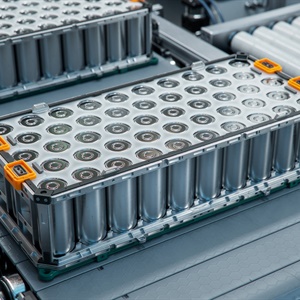Government to keep North Sea drilling ban as it shifts focus to renewables
The government has confirmed it will maintain the ban on new drilling licences for the North Sea as it looks to shift production over to other offshore industries such as hydrogen, carbon capture and wind power. The Department for Energy Security and Net Zero (DESNZ) said it would end the “windfall” tax on oil firms in 2030, but was looking at other regimes that could be activated in the event of future shocks in oil and gas prices. The windfall tax was first introduced in 2022 to help support households struggling with spiking energy prices in the wake of Russia’s invasion of Ukraine. Last month, climate researchers urged Prime Minister Keir Starmer not to approve a major new oil field in the North Sea, which the Treasury was rumoured to be considering as part of its efforts to boost economic…






















